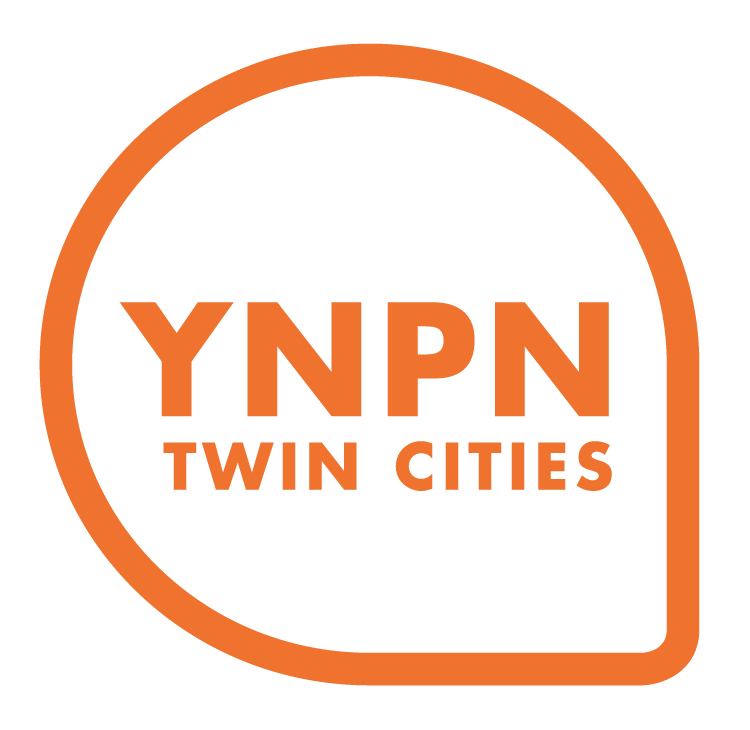Share and Share Alike: Knowledge Transfer in the Nonprofit Sector
by Virginia Brown
Do you talk about knowledge transfer at your office? You should. It’s a tough concept, though – how to get what's in my head out and put it in someone else's. In an age filled with “experts,” surprisingly, it’s still hard to find experts in knowledge transfer. Often people start talking about IT systems, but knowledge transfer is more than information and facts. Knowledge isn't someone's phone number and alma mater; it's why they're great to work with and how to keep them engaged. Someone once told me that knowledge is data enhanced by experience. I like that. But how can we really create shared knowledge? How can we transfer the knowledge we have?
One thing we had at my last job was a collection of Drop Dead Fred's (aka - the hit by a bus binder). A Drop Dead Fred is a binder of all things pertaining to a person's job: what they're planning, who they're working with, how they're planning to move forward, even passwords to important systems. So if I drop dead, someone can pick up my binder and at least have some idea of where to start. We had an annual Drop Dead Fred update scheduled into our planning processes, so that at least once a year I had to think of all the things I was doing and put them in narrative for someone else's benefit. It's not foolproof, but it's a start. And when I left, I can assure you that my left-behind colleagues were thrilled to have that binder.
Another tactic I’ve seen are reading files. All the periodicals, newspaper articles, and mailings an organization gets are put into files that are circulated among ALL staff in the office. Staff are expected to spend work time reading these files. Though we won't all always read the same things, we can flag particularly interesting and relevant articles to encourage others to read that text. The key element to this process is then sharing the knowledge of that article and building on that knowledge by discussing it with our colleagues.
I've also heard of organizations having staff book clubs. Reading through books pertinent to your work, and then discussing them as staff would be a great way to transfer knowledge. So that's three ideas that barely begin to address knowledge transfer as an organization. Can you help? How do you transfer knowledge at your office? Any tips for the rest of us? And for a bit of knowledge sharing here, below are periodicals I can't live without and highly recommend to you:
Chronicle of Philanthropy
Stanford Social Innovation Review
Harvard Business Review
Nonprofit Quarterly
Nonprofit World (don't let the look fool you, the content is great!) ‘
*A version of this post originally “aired” on the Vantage Point Blog. Check out Vantage Point to see what our Canadian neighbors are doing in the world of sector capacity building.

